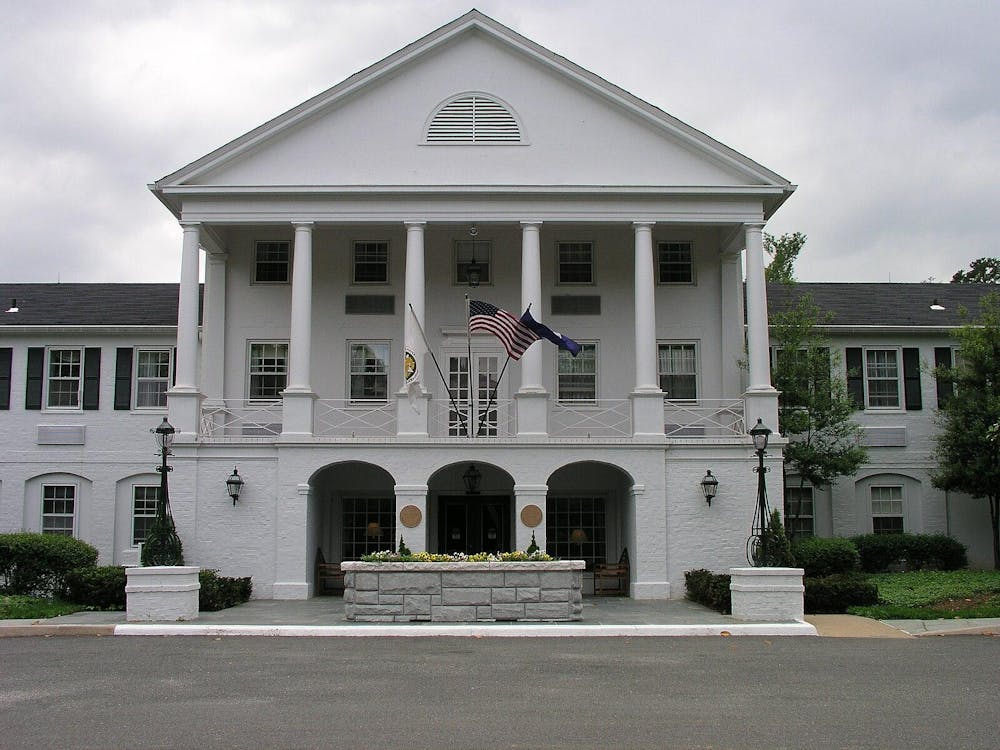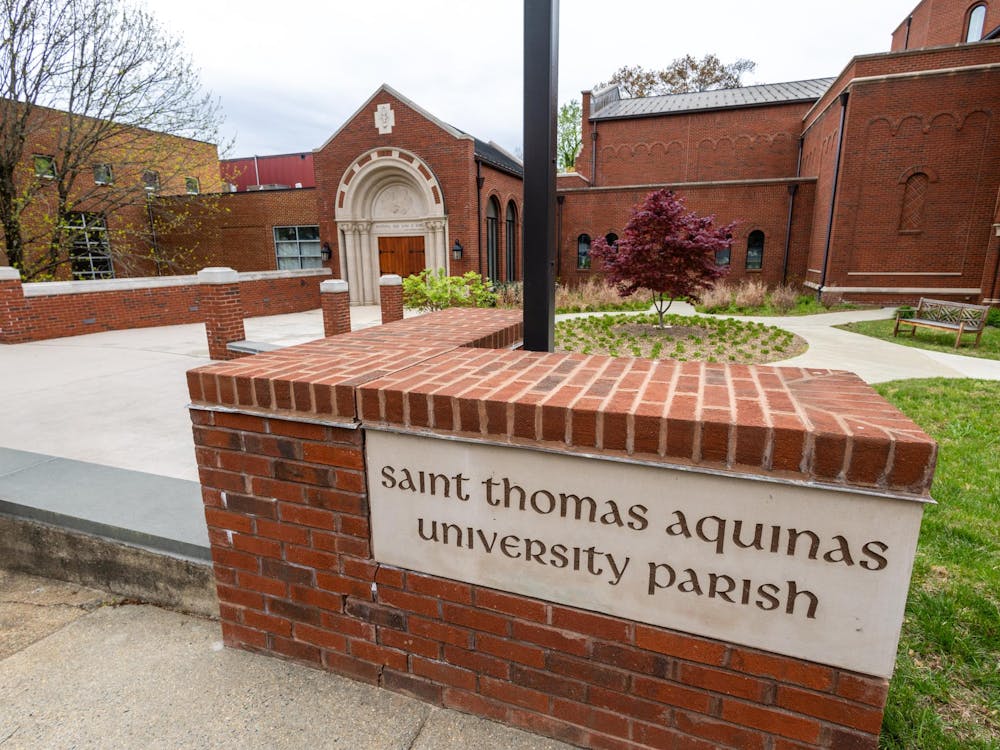This year's crop of incoming first-years will take in the traditional fare of orientation programming this summer, but with a twist: a new component discussing the potential dangers of social networking Web sites like Facebook and MySpace.
During orientation, members of the University's Information Technology and Computing division will talk to students about the potential dangers associated with posting too much information on public networking sites.
"There is a balancing act here," said University spokesperson Jeff Hanna. "These sites can be very valuable in many ways but it is a matter of letting students know what is and is not the best practices for using them."
University President John T. Casteen, III mentioned the potential dangers of social networking sites in his state of the University address last spring. He specifically cited the murder of a Virginia Commonwealth University student and more then one incident of suicides at Virginia colleges.
The spring address also highlighted administration initiatives such as the orientation discussions.
"We are in discussions about this threat to students with their parents, both in organized groups and in personal contacts with parents who see what is on the sites and grow concerned, with the attorney general, with police officials, who watch these sites closely for what they may disclose about criminal threats," Casteen said in the address.
He added that the University is testing strategies to inform newcomers of the dangers of the Web sites.
Dean of Students Penny Rue said the University has been fortunate because it has only had minor problems with Facebook including the transmission of online threats and activity that might be considered stalking-like.
"Basically, the thought is that it's not as private as you think it is," Rue said. "Employers, law enforcement and predators all have access to this information."
Rue noted however that the University is not just addressing Facebook but all social-networking sites. She said the conversation has centered on Facebook because of its immense popularity at the University.
"We've seen a rapid rise in the usage of Facebook," Rue said. "It didn't exist two years ago. A year ago it really took off."
While the University considered creating a brochure detailing the potential threats posed by social-networking sites, Rue said it was ultimately decided that that would be an outmoded form of communication. Instead, she said, the University has decided to rely on orientation leaders and residential advisors to raise awareness around Grounds.
The University is not the only institution taking precautions. At Kent State University in Ohio, Director of Athletics Laing Kennedy said student athletes will be allowed to use the Facebook to communicate with selected friends and family members so long as coaches and administrative staff have access to the profiles.
"To be an athlete at Kent State we have a very strong code of expected behavior," Kennedy said. "With student athletes in our program it becomes a privilege to be a student athlete. You agree to go to class, to graduate, follow team rules on and off the court and field. That covers Facebook or any other Web site as far as that goes."
Kennedy acknowledged that new policies were partially motivated by concerns about the public perception of student athletes and their personal conduct.
"When it crosses the line of the code of expected behavior that is when we become concerned," Kennedy said, adding that the primary driver behind the new precautions was concerns about the athletes' safety.
"When information is available to the world at large, it becomes a safety issue," he said.
Details of the monitoring system are still being worked out, but Kennedy said it is likely that student-athletes academic counselors will be assigned to monitor the profiles on a regular basis.






